Vaccine passports prolong lockdowns
What looks like an easing of restrictions is actually a coercive scheme. Those pushing for it risk undermining trust in vaccines.
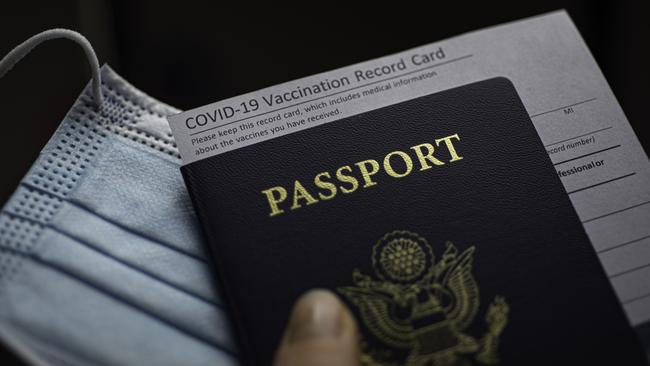
As tens of millions are inoculated against COVID-19, officials in places as diverse as New York state, Israel and China have introduced “vaccine passports,” and there’s talk of making them universal. The idea is simple: Once you’ve received your shots, you get a document or phone app, which you flash to gain entry to previously locked-down venues — restaurants, theatres, sports arenas, offices, schools.
It sounds like a way of easing coercive lockdown restrictions, but it’s the opposite. To see why, consider dining. Restaurants in most parts of the US have already reopened, at limited capacity in some places. A vaccine passport would prohibit entry by potential customers who haven’t received their shots. It would restrict the freedom even of those who have: If you’re vaccinated but your spouse isn’t, forget about dining out as a couple.
Planes and trains, which have continued to operate throughout the pandemic, would suddenly be off-limits to the unvaccinated. The only places where restrictions would be relatively eased would be those still fully locked down, such as many live-event venues and schools. Yet even there, the passport idea depends on keeping the underlying restrictions in place — giving officials an incentive to do so for much longer as leverage to overcome vaccine resistance.
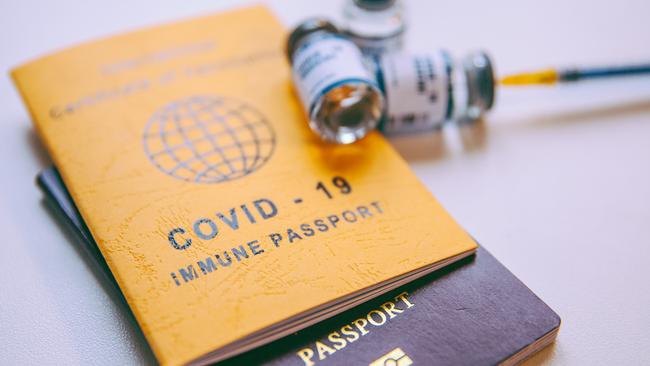
The vaccine passport should therefore be understood not as an easing of restrictions but as a coercive scheme to encourage vaccination. Such measures can be legitimate: Many schools require immunisation against common childhood illnesses, and visitors to some African countries must be vaccinated against yellow fever. But Covid vaccine passports would harm, not benefit, public health. The idea that everybody needs to be vaccinated is as scientifically baseless as the idea that nobody does. Covid vaccines are essential for older, high-risk people and their caretakers and advisable for many others. But those who’ve been infected are already immune. The young are at low risk, and children — for whom no vaccine has been approved anyway — are at far less risk of death than from the flu. If authorities mandate vaccination of those who don’t need it, the public will start questioning vaccines in general.
Effective public health relies on trust. The public has lost trust in officials in part because they’ve performed poorly — relying on lockdowns to disastrous effect — and in part because they’ve made clear their distrust of the public. Trust, after all, is a two-way street. Coercive vaccination policies would erode trust even further. Even well-informed people may legitimately wonder: Why are they forcing me to take this shot if it’s so good for me?
Vaccine passports are unjust and discriminatory. Most of those endorsing the idea belong to the laptop class — privileged professionals who worked safely and comfortably at home during the epidemic. Millions of Americans did essential jobs at their usual workplaces and became immune the hard way. Now they would be forced to risk adverse reactions from a vaccine they don’t need. Passports would entice young, low-risk professionals, in the West and the developing world, to get the vaccine before older, higher-risk but less affluent members of society. Many unnecessary deaths would result.
The widespread use of vaccines against polio, measles, mumps, rubella, rabies and other pathogens has saved millions of lives. Vaccines are one of the most important inventions in human history — the reason that before last year many in the West had forgotten that infectious disease could pose a populationwide threat. Those pushing for coercive Covid vaccination threaten all this progress by undermining public trust in vaccines. In this sense, they are more dangerous than the small group of so-called anti-vaxxers have ever been.
Florida Gov. Ron DeSantis and Texas Gov. Greg Abbott have ruled out vaccine passports for their states. Other politicians should follow his example.
Mr. Kulldorff, a biostatistician and epidemiologist, is a professor at Harvard Medical School. Dr. Bhattacharya, a physician and economist, is a professor at Stanford Medical School.
The Wall St Journal

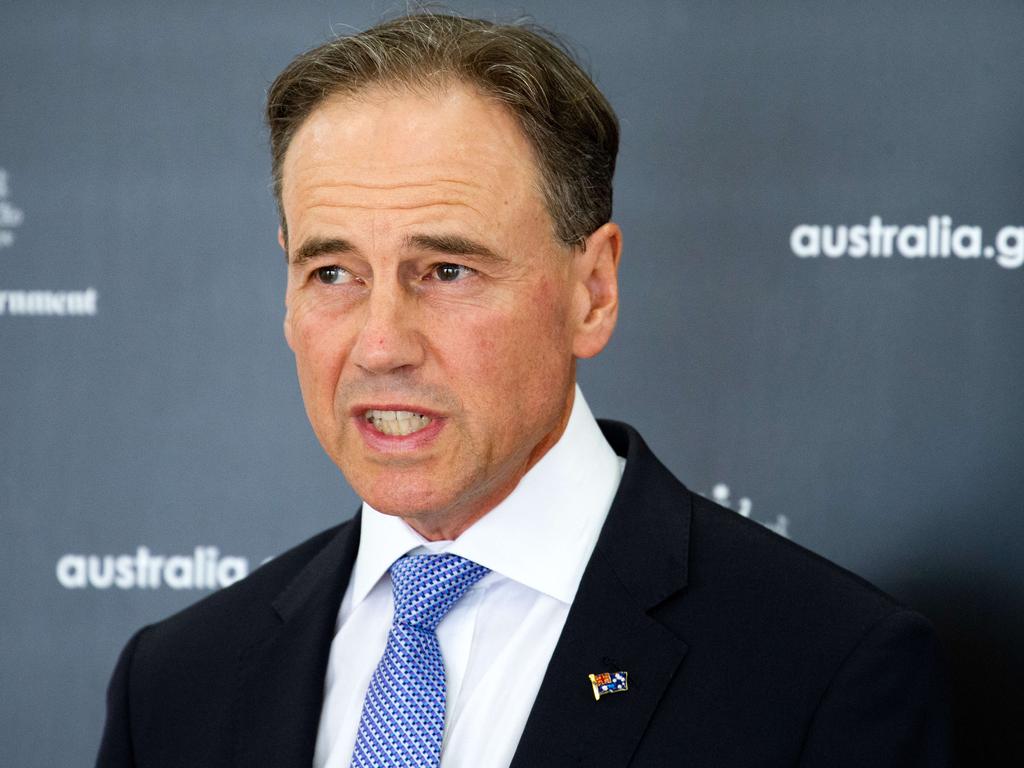
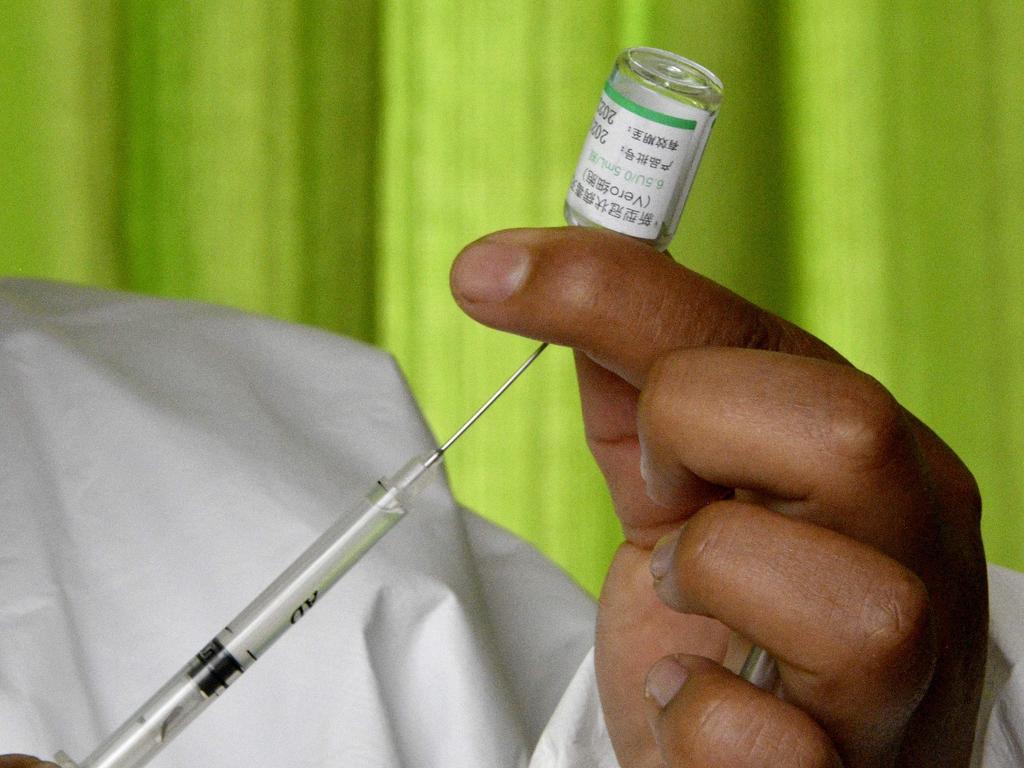
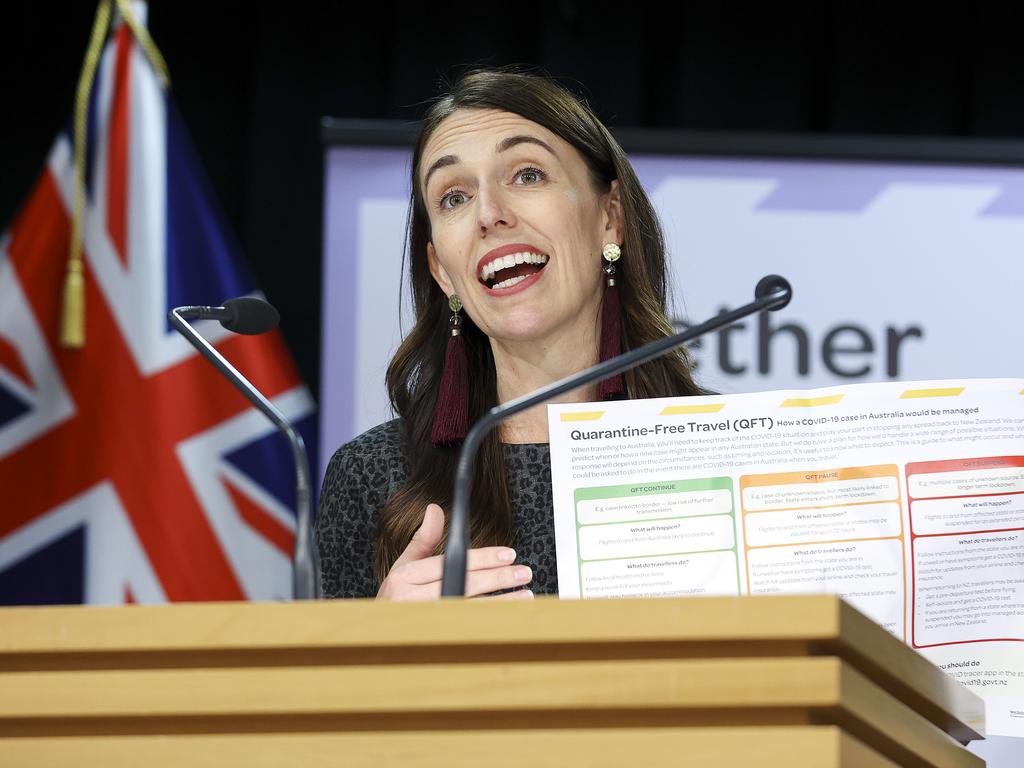



To join the conversation, please log in. Don't have an account? Register
Join the conversation, you are commenting as Logout